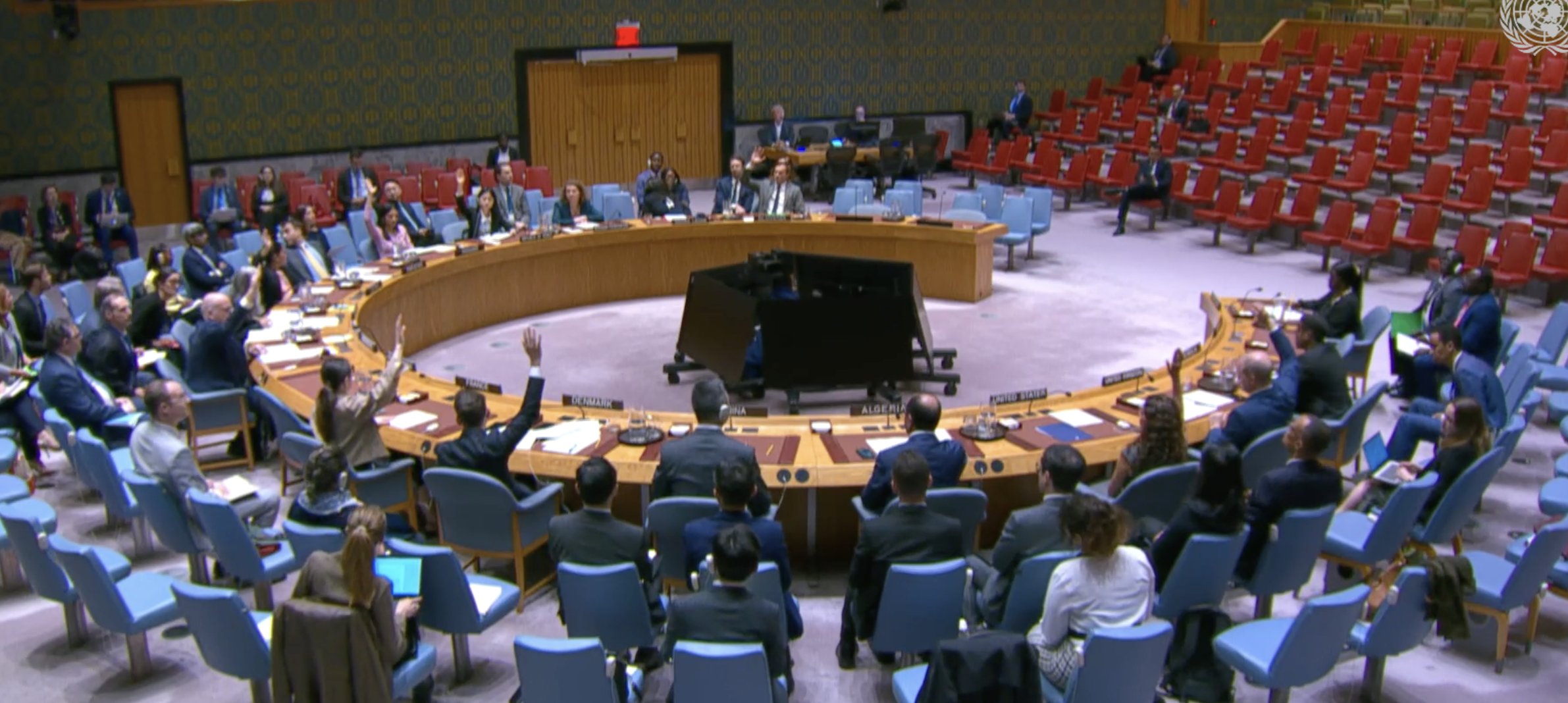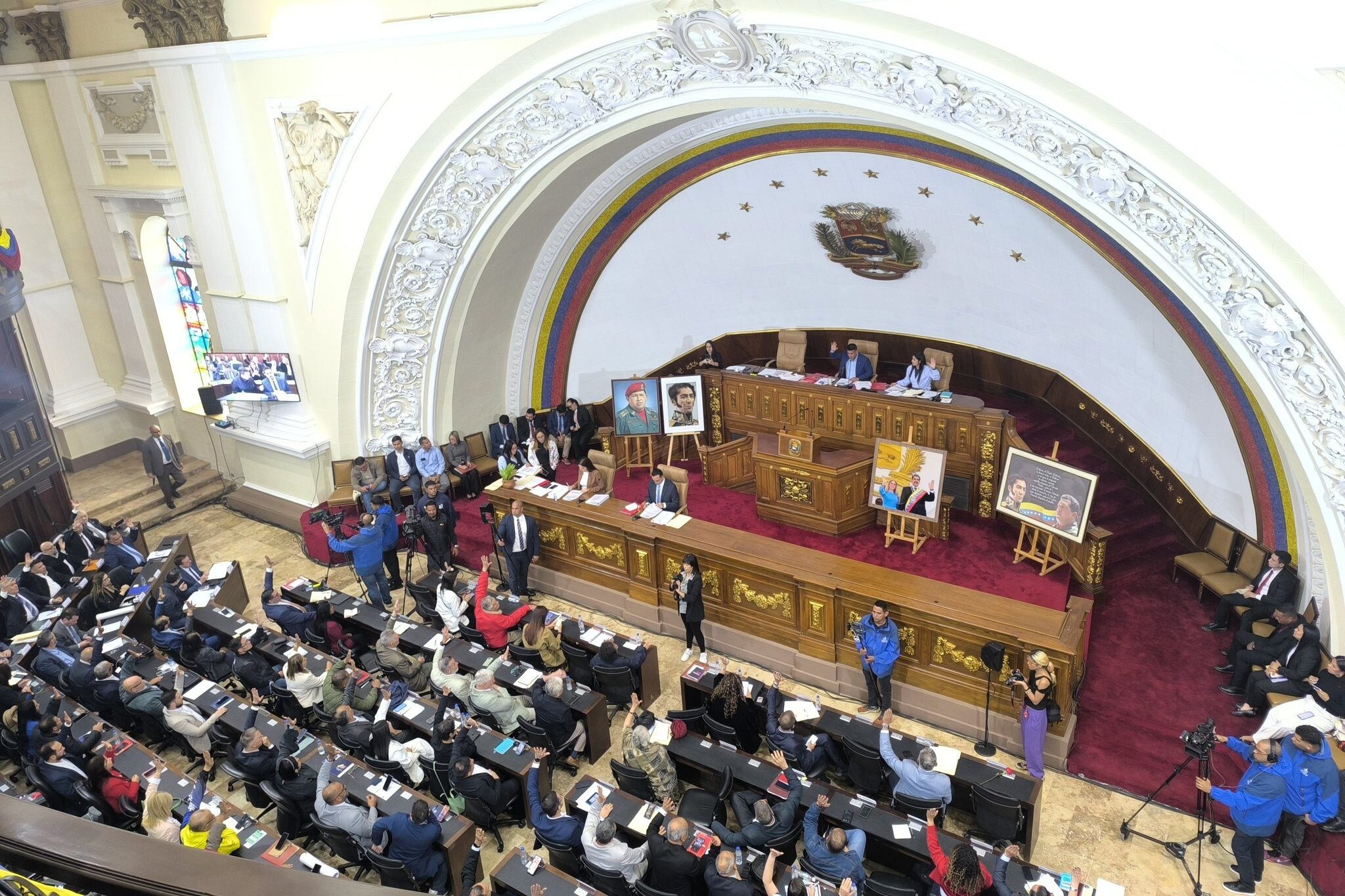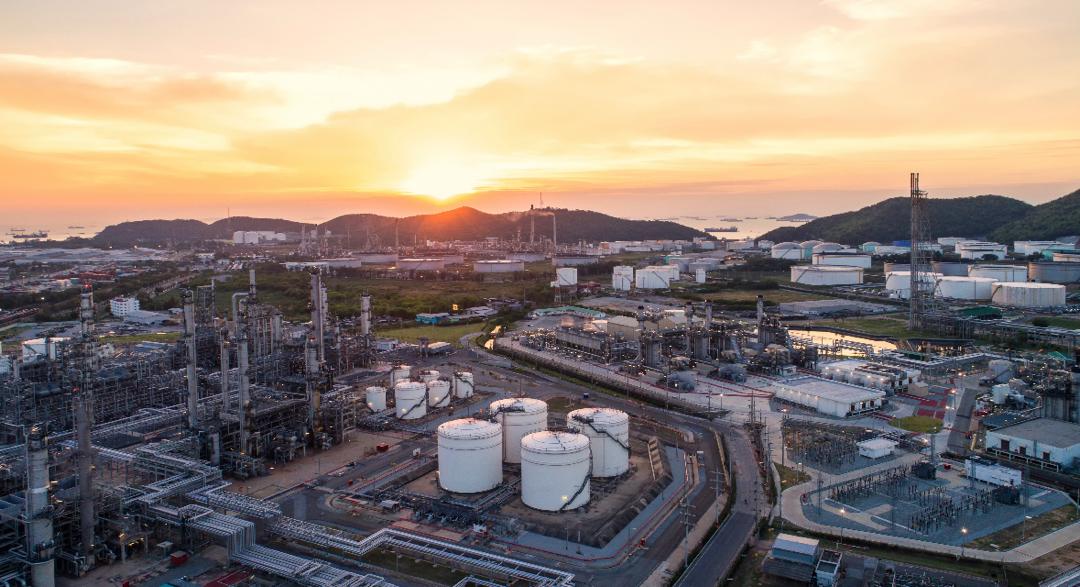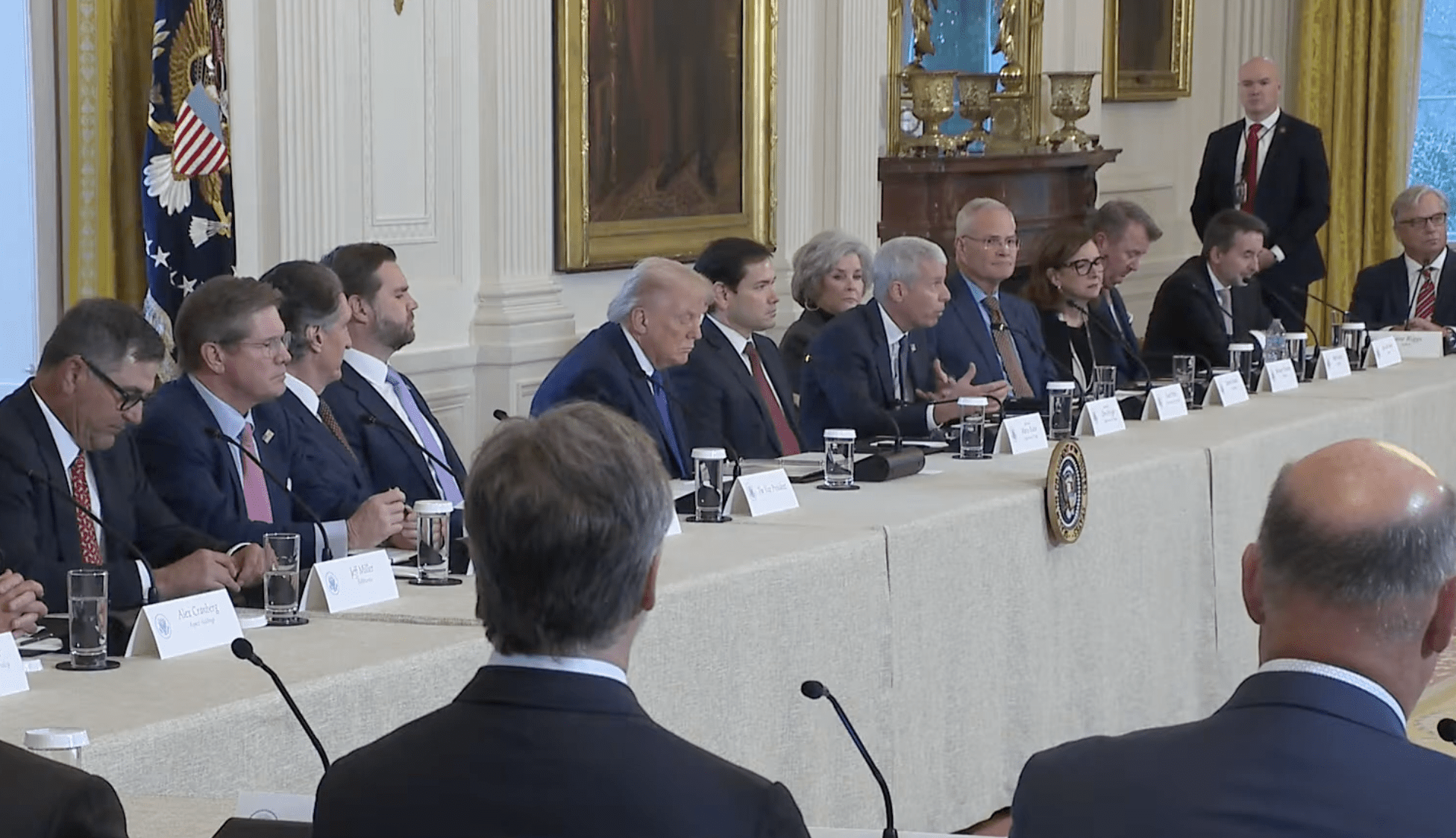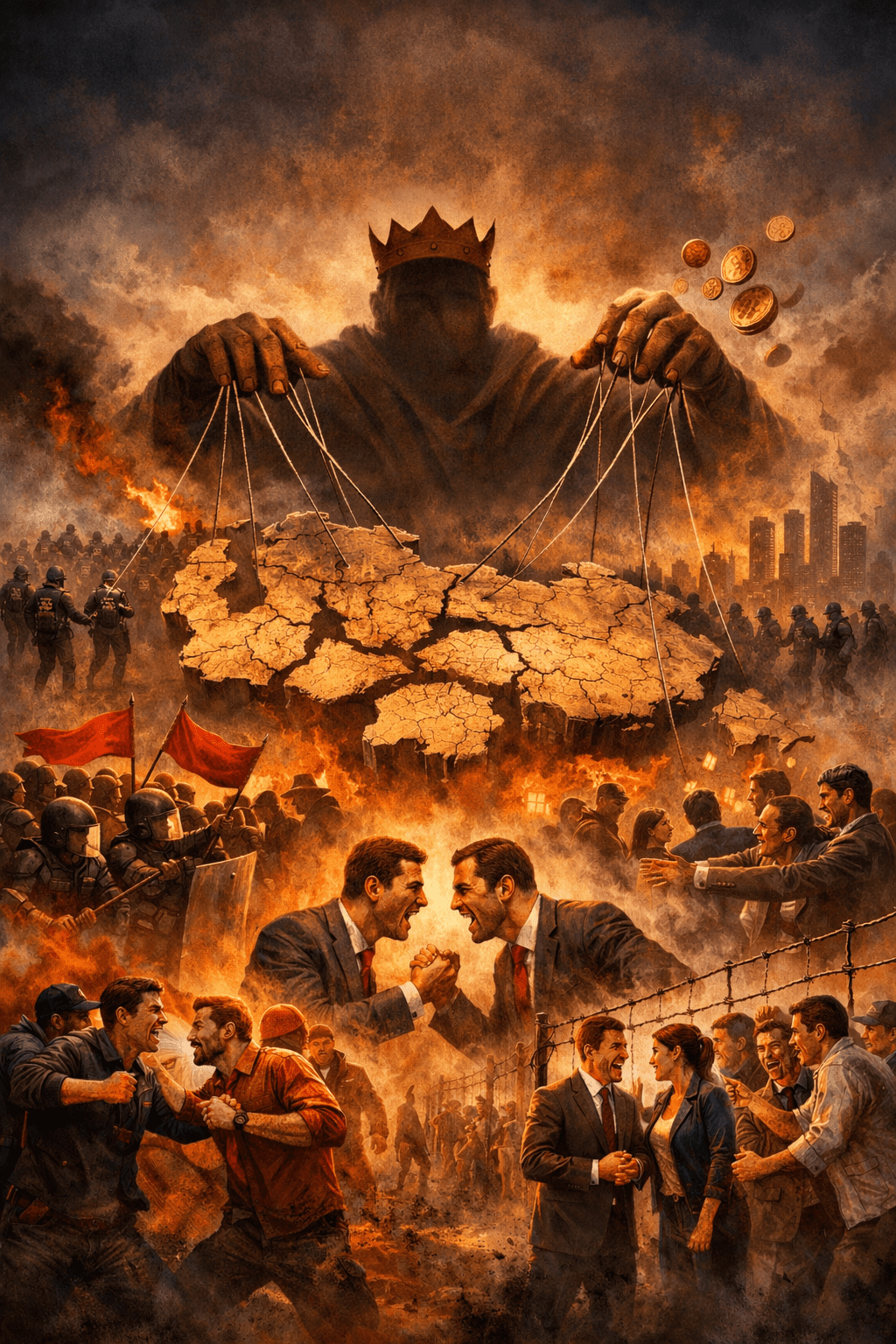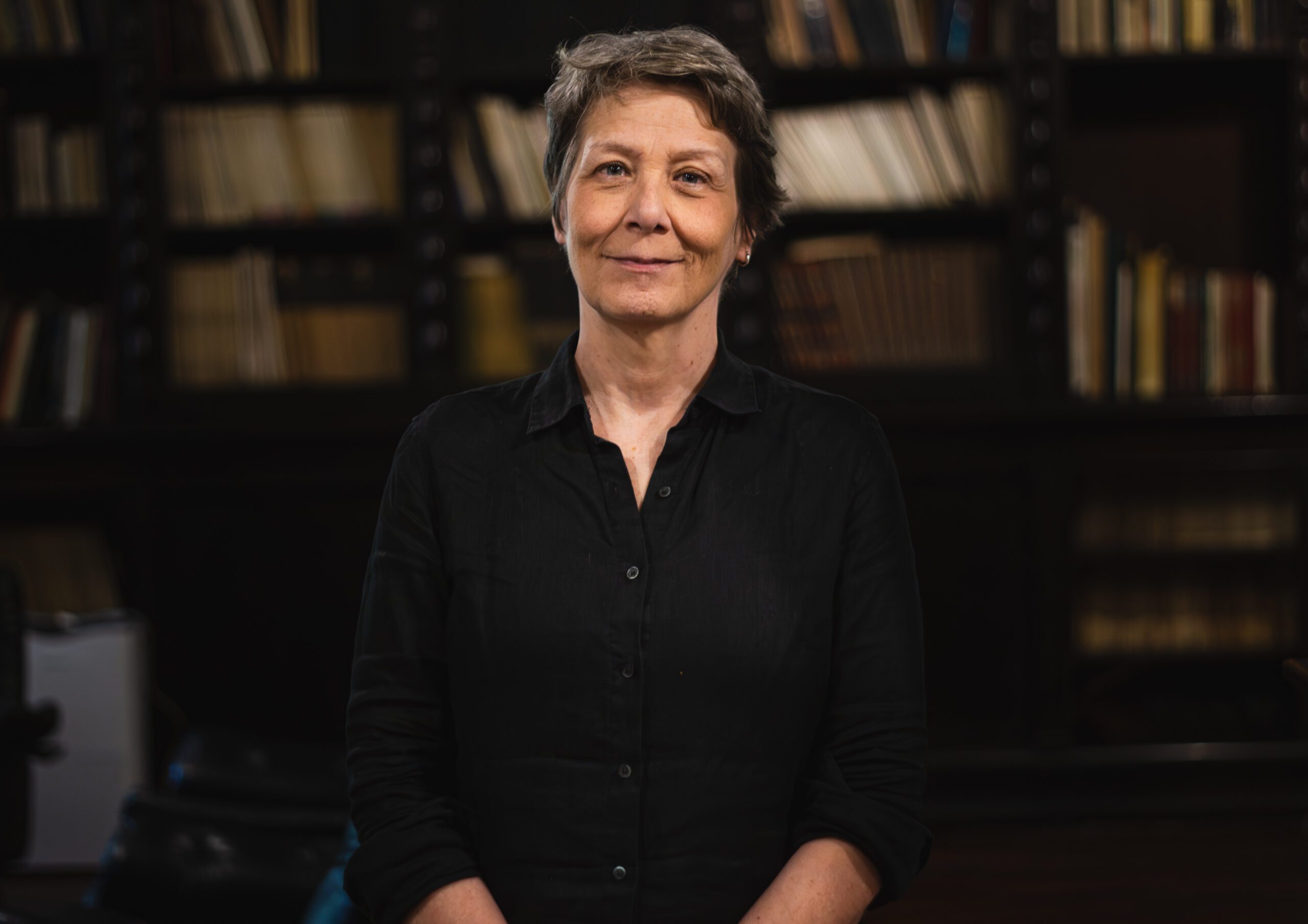In this United Nations Security Council chamber, decisions are made about world peace and security, but often the voices of those who suffer in silence are missing. Sanctions are not always seen as a form of war, but their effects can be just as deadly. The study published in The Lancet confirms that these measures affect the lives of millions, harming health, food security, and access to basic services. Photo: UN Press Archive.
Guacamaya, July 25, 2025. In international policy debates, economic sanctions are often seen as a “civilized” alternative to military force. But what happens when that supposedly less violent instrument causes more deaths than bombings?
A recent study in The Lancet Global Health offers a disturbing response. Based on data from 152 countries over five decades, the research finds that unilateral economic sanctions—especially those imposed by the United States—are associated with more than 560,000 deaths per year. The majority of these deaths occur among the most vulnerable: children under five and older adults.
“Sanctions have substantial public health effects, with a number of deaths comparable to those in armed conflicts,” conclude the authors Francisco Rodríguez, Silvio Rendón, and Mark Weisbrot.
From the Embargo on Cuba to Iraq’s Collapse: A History of Deadly Sanctions
The idea that sanctions can produce devastating effects is not new. The economic blockade against Cuba, lasting more than six decades, has repeatedly been condemned by the UN General Assembly and highlighted by international agencies for its impact on health, nutrition, and access to medical technologies. Despite numerous reports documenting the human cost, the embargo remains in place.
It’s also defended by the Cuban exile community in Florida, which has politicized the situation. The embargo became a symbol of “resistance,” while everyday people in Cuba bear its harsh consequences. That same state now also shapes U.S. strategy toward Venezuela, using sanctions as a vote-winning narrative promising “change that will come.” Tragically, some Venezuelan political actors have adopted one of the most failed—and costly—strategies in recent history.
One of the most alarming precedents is Iraq in the 1990s, after the Gulf War. UN sanctions created such scarcity of essential goods that humanitarian organizations estimated hundreds of thousands of children died from preventable causes. The crisis led to the controversial “Oil-for-Food” program, which allowed limited oil sales in exchange for humanitarian supplies. Though intended to alleviate suffering, the program was criticized for inefficiency and systemic corruption. Still, it helped spark global debate about the humanitarian cost of sanctions and exposed an alarming reality.
The Iraqi case taught a bitter lesson: there is no such thing as “smart sanctions” when their design ignores a society’s survival patterns. That lesson seems forgotten. Other cases where sanctions have harmed civilian populations are deliberately ignored by defenders of a failing strategy that has claimed thousands of innocent lives.
Venezuela: A Symbolic Case
Since 2017, Venezuela has faced financial, trade, and energy sanctions that have deepened its humanitarian crisis. In 2021, UN Special Rapporteur Alena Douhan warned that sanctions imposed primarily by the U.S. dramatically worsened the country’s situation—affecting medication purchases, oil production, food imports, and healthcare operations.
“These sanctions affect all sectors of Venezuelan life and violate basic principles of international law,” Alena Douhan stated in her report to the UN Human Rights Council.
The truth is, sanctions didn’t fall on a government—they hit an already weakened society in the midst of a deep economic crisis. The consequences: hospitals without supplies, prolonged blackouts, mass migration, and rapidly deteriorating health indicators.
The crisis began before the sanctions and was rooted in structural issues in a deeply polarized nation. Coercive measures worsened an already complex situation. Millions watched their relatives and friends leave the country—Venezuelan migration patterns now exceed those of many war-affected states.
When people from abroad ask me, “Why does Venezuela have indicators of a war zone when it isn’t at war?” I refuse simplistic answers. This is decades of conflict, constant erosion—not just of politics or the economy—but of institutions and state capacity. Venezuela’s state lost its ability to respond during a radicalizing confrontation whose leaders ignored the human cost.
The Responsibility of Political Leadership
In light of this evidence, elites—both internal and international—must reflect. Calling for sanctions against a country is calling for the deterioration of its people’s lives. Political elites rarely suffer the consequences; they retain privileges while ordinary people pay the price.
Celebrating sanctions means celebrating blockades that block access to food, medicine, insulin, and vaccines. It means celebrating the death of impoverished children from malnutrition and preventable infections.
Some leaders argue sanctions are necessary to pressure regimes toward democracy. But if that pressure results in preventable deaths, its legitimacy collapses. No struggle for freedom justifies mass suffering. Moreover, sanctions have not produced government change or meaningful political improvement.
In Venezuela, sanctions amplify existing state failure. Discussing them has become taboo—mention them and you’re accused of supporting the government or downplaying the crisis. Some claim “Venezuelans are willing to make that sacrifice”—but when were we ever consulted?
A democratic politics built on rubble and unnamed graveyards is not coherent. Ethical leadership cannot endorse tools that collectively punish a nation. Diplomacy, mediation, and peacebuilding—no matter how politically unpopular—are the only viable alternatives.
Acknowledging shared responsibility in the crisis is not “equating guilt,” but admitting a painful truth. One cannot claim to defend human rights while ignoring the humanitarian toll of sanctions. Silence, stigma, and minimization deserve scrutiny.
A Global and Urgent Debate
The Lancet study, along with UN reports, demands a renewed global debate on sanctions as a tool of power. If these policies systematically raise mortality among vulnerable populations, they should be regulated under the same rules that govern military force.
This doesn’t mean staying silent about human rights violations by any actor. It means refusing to perpetuate violence in the name of justice. Justice cannot be built on hunger or death.
In a world facing humanitarian challenges—climate crises, forced migration, pandemics—sanctions as collective punishment are not only immoral, they’re also brutally ineffective.
Current sanction regimes violate principles of legality, proportionality, and human dignity. Yet they inflict real damage.
Despite administrative and media silence, scientific evidence speaks plainly: sanctions kill—not with bombs, but with scarcity. Not with noise, but with malnutrition, infections, and neglect.
When Venezuela’s crisis began, I wasn’t even born. I belong to the generation shaped by a conflict we didn’t start, yet deeply live. I’ve seen family and friends leave, witnessed struggles accessing healthcare, education, public services—all under a political confrontation that devours us.
At 24, I’m exhausted. I believe we—young people—must demand the end of this conflict because we’re those who stand to lose the most.
Sanctions are like invisible bombs: unseen, but deadly. They hit children under five and older adults hardest. How can we justify a policy that kills those who barely know life or those who deserve dignity in old age?
Reducing human suffering should be every political actor’s duty. Few uphold it—but if someone reading this listens, I ask you to focus on the person behind the statistics.
On Youth Participation in Global Debate?
As Venezuelans, especially as youth, we bear responsibility—and opportunity—to engage in the global debate about sanctions, one of today’s most destructive yet invisible forms of coercion. That debate must happen urgently in forums like the United Nations where global decisions are made—often without our voice.
The UN faces a legitimacy and efficacy crisis, but remains a critical platform. Discussing the impact of sanctions isn’t just raising awareness—it’s a concrete way to contribute to much-needed multilateral reform. Venezuela, with its recent experience, can—and must—be a meaningful actor in this global transformation.
Our participation is not decorative; it’s strategic and essential for demanding real agreements. Documenting our reality, speaking up in international forums, and proposing ways to reduce suffering isn’t symbolic—it’s defending our rights and those of millions affected by unaccountable policies.
Young people must claim this space. If we don’t, decisions about sanctions—and many other critical issues—will be made without us.
Part of the reasons are summarized in the World Bank Group’s study by Moeeni (2022), titled “The Intergenerational Effects of Economic Sanctions” on Iran, which examines how international economic sanctions not only affect the generation that directly experiences them but also perpetuate cycles of poverty, inequality, and socioeconomic decline over decades. According to the findings, sanctions account for between 40% and 60% of the deterioration in intergenerational indicators such as education and child health, even after accounting for factors like armed conflict or corruption. The cumulative effect is more pronounced in the second generation, being 2 to 3 times greater due to the disruption of human and social capital. Countries with fragile institutions, such as Venezuela, experience more severe and prolonged impacts than those with more resilient state structures, like Iran.
Among the key findings is that the loss of future income is distributed as 45% to the current generation and 55% to future generations. Pregnant women in sanctioned contexts face a higher risk of complications, affecting their children’s health even decades later. In education, sanctions increase school dropout rates by 20-40%, particularly among girls and vulnerable groups, while the forced migration of professionals weakens intergenerational recovery capacities. Economically, there is an increase in chronic poverty and informal employment among youth, who are up to three times more likely to work in precarious or hazardous conditions. Lasting psychosocial effects are also recorded, such as stress, anxiety, depression, and distrust in institutions. The study identifies that education spending decreased by 58%, particularly in school enrollment, with a shift toward free public schools. Additionally, it estimates that if those affected had maintained the 2006 university enrollment rate, their lifetime earnings would have been 41% higher.
The study identifies four mechanisms through which intergenerational harm is transmitted: the reduction of public spending on social services; the fragmentation of family networks due to migration or mortality; the accumulation of “human debt” (children with lower physical and educational development); and the erosion of social fabric, marked by the normalization of corruption and informality. Among its policy recommendations, Moeeni proposes redesigning sanctions regimes to exclude critical sectors such as health and education, establishing humanitarian safeguards with independent monitoring mechanisms, and creating international intergenerational compensation funds aimed at social infrastructure and scholarship programs for youth.
This approach shows that sanctions are not merely a geopolitical tool, but a structural factor that shapes the future of entire societies. That is why it is essential for young people — who will inherit the consequences of these decisions — to participate actively in the debate about their legitimacy, effectiveness, and real impacts. Their voices are necessary to challenge policies that compromise both their present and their future, as well as to build narratives of justice, reparations, and peace. Understanding the impact of sanctions from a generational perspective is also a way to demand more humane and responsible foreign policies — something especially crucial in the case of Venezuela
Sanction effects don’t end now—they shape the entire generation’s future. That’s why our voices must echo in international discussions where these decisions are made—often without recognizing their real-life consequences.
Understanding and exposing the human cost of sanctions is also vital for envisioning Venezuela’s post-conflict future. National recovery, reconciliation, and reconstruction may be severely hindered if these measures persist or remain unevaluated.
The saddest and most tragic aspect of sanctions, as demonstrated by Moeeni’s study, is that their most devastating effects will not be felt by us — not even by the political leaders who requested or imposed them — but by future generations. It will be our children, our sons and daughters, our grandchildren, who will pay the highest price for decisions made today without their consent or participation.
The damage won’t be limited to the economy — it will be deeply human: children growing up with limited access to healthcare, education, and proper nutrition; young people condemned to precarious jobs or forced migration; families torn apart; societies with diminished human capital, growing mistrust, and entrenched inequality.
We are mortgaging the future of an entire country, leaving behind a silent but profound debt in the form of inherited poverty, lost opportunities, and lives cut short before they even begin. That is why it is urgent to open this debate to youth — not as a symbolic gesture, but as an act of generational justice. Because if the future belongs to them, then their voices must be part of the decisions that shape it.
Participating in this debate is not symbolic—it is indispensable for ensuring that our path toward peace and development is just, inclusive, and sustainable.
Venezuela Deserves Much More
When a politician demands stronger sanctions, remember this study, UN reports, and recent history. Sanctions don’t help—they kill. Their victims are not numbers: they are children without future, the elderly abandoned, shattered families.
Venezuela deserves more. But that change won’t come if suffering is made the price. Society must demand an agreement by and for the people—before there’s no country left to rebuild.
Perhaps these words won’t reach international decision‑makers—sanctions remain invisible in the media, often discredited to prevent acknowledgment of their severity. But I hope those with decision-making power take heed of this argument—and that scholarship documenting the consequences of sanction policies continues to grow.
Mentioning or criticizing sanctions does not mean excluding or devaluing other issues—in reality, they are deeply intertwined. From this platform, I remain open to listening and valuing diverse perspectives, with the firm purpose of contributing—wherever possible—to useful and realistic solutions for Venezuela

